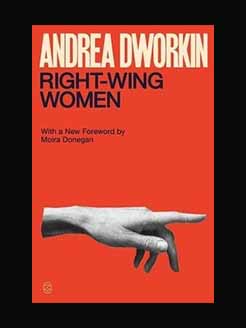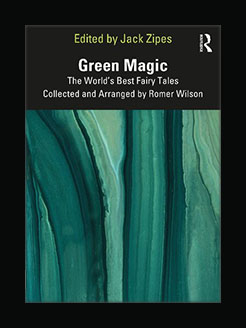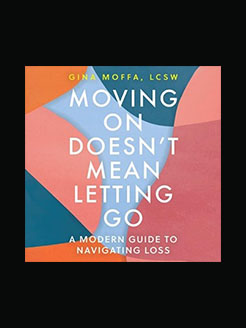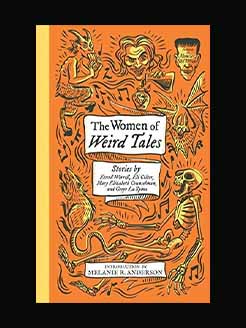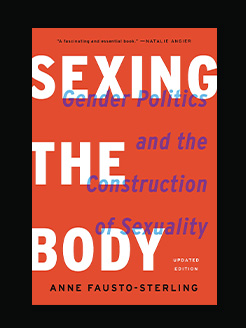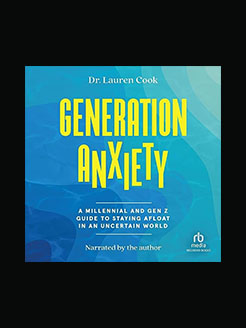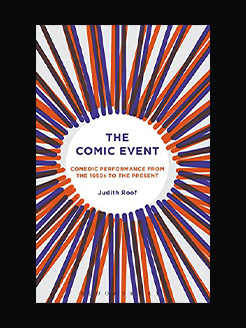Published in 1951
191 pages
Shirley Jackson was an influential American author. A popular writer in her time, her work has received increasing attention from literary critics in recent years. She has influenced such writers as Stephen King, Nigel Kneale, and Richard Matheson.
She is best known for her dystopian short story, The Lottery (1948), which suggests there is a deeply unsettling underside to bucolic, smalltown America. In her critical biography of Shirley Jackson, Lenemaja Friedman notes that when Shirley Jackson’s story The Lottery was published in the June 28, 1948, issue of The New Yorker, it received a response that “no New Yorker story had ever received.” Hundreds of letters poured in that were characterized by, as Jackson put it, “bewilderment, speculation and old-fashioned abuse.”
Jackson’s husband, the literary critic Stanley Edgar Hyman, wrote in his preface to a posthumous anthology of her work that “she consistently refused to be interviewed, to explain or promote her work in any fashion, or to take public stands and be the pundit of the Sunday supplements. She believed that her books would speak for her clearly enough over the years.” Hyman insisted the darker aspects of Jackson’s works were not, as some critics claimed, the product of “personal, even neurotic, fantasies”, but that Jackson intended, as “a sensitive and faithful anatomy of our times, fitting symbols for our distressing world of the concentration camp and the Bomb”, to mirror humanity’s Cold War-era fears. Jackson may even have taken pleasure in the subversive impact of her work, as revealed by Hyman’s statement that she “was always proud that the Union of South Africa banned The Lottery, and she felt that they at least understood the story”.
In 1965, Jackson died of heart failure in her sleep, at her home in North Bennington Vermont, at the age of 48.
What is this book about?
Hangsaman is Miss Jackson’s second novel. The story is a simple one but the overtones are immediately present. “Natalie Waite who was seventeen years old but who felt that she had been truly conscious only since she was about fifteen lived in an odd corner of a world of sound and sight, past the daily voices of her father and mother and their incomprehensible actions.” In a few graphic pages, the family is before us—Arnold Waite, a writer, egotistical and embittered; his wife, the complaining martyr; Bud, the younger brother who has not yet felt the need to establish his independence; and Natalie, in the nightmare of being seventeen.
The Sunday afternoon cocktail party, to which Arnold Waite has invited his literary friends and neighbors, serves to etch in the details of this family’s life, and to draw Natalie into the vortex. The story concentrates on the next few critical months in Natalie’s life, away at college, where each experience reproduces on a larger scale the crucial failure of her emotional life at home. With a mounting tension rising from character and situation as well as the particular magic of which Miss Jackson is master, the novel proceeds inexorably to the stinging melodrama of its conclusion. The bitter cruelty of the passage from adolescence to womanhood, of a sensitive and lonely girl caught in a world not of her own devising, is a theme well suited to Miss Jackson’s brilliant talent.
